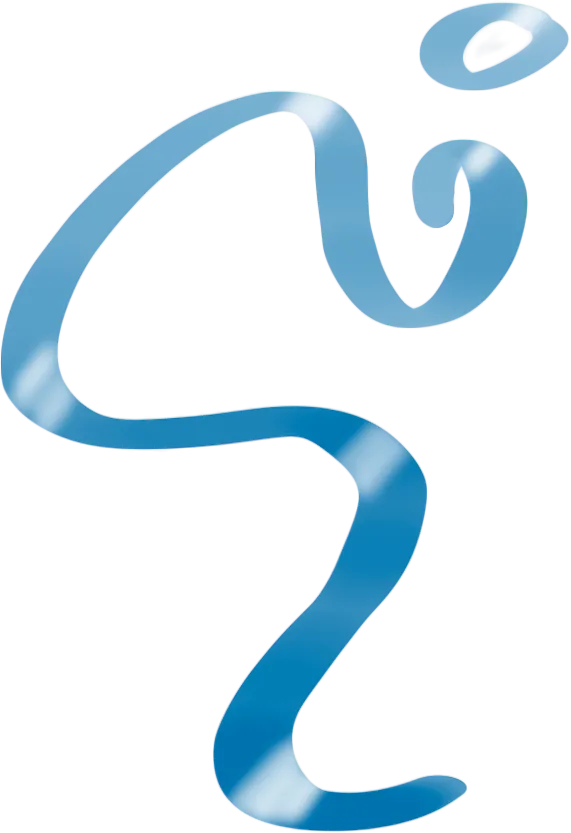Why AI Ethics
The challenges, approaches that fail, and a solution

The challenges, approaches that fail, and a solution

Artificial Intelligence holds great promise but comes with significant risks to people, organizations, institutions, and society. Serious issues have already emerged.
AI is increasingly supplanting human judgement, leading organizations to make costly errors that are not always reversible.
AI threatens to suppress skills development, making organizations less innovative and unable to compete.
Misalignment between AI actions and human intentions can waste time and money, and cause harm to organizations and people.
Aggregating data without controls can strip away privacy, manipulate stakeholders, and discredit institutions.
Harmful biases can lead to poor employment decisions, create social media bubbles, and cause development and strategy errors.
Traditional approaches tend to be reactive, and depend on AI development being predictable. But the pace of innovation outstrips our ability to anticipate challenges using traditional methods.
Checkboxing forces a one-size-fits-all solution on multifaceted problems. It gives a false sense of security with simplistic yes-or-no questions.
Codes of Ethics issued by professional associations are important declarations, but have minimal influence on real-world decisions.
Public Relations helps organizations manage crises once they have occurred, but we need to address ethical challenges before they become critical.
Technological solutions are a type of automated checkboxing. They can sometimes be helpful, but do not address the core question of how one should act to maximize benefit and minimize harm.
We need to develop ethical thinkers, not lists of steps and rules. Ethical thinkers address ethical questions using structured thinking and active inquiry. They are quick and agile, able to adapt quickly to unanticipated challenges. The approach is inquiry driven, using structured thinking and active engagement.
Inquiry methods allow one to engage problems and think through nuance and complexity in productive ways.
Considering multiple perspectives is crucial for learning to identify and address diverse ethical challenges.
Ethics is not about being told what to do, but nor is it 'everything goes.' Structured thinking prepares you to generate practical solutions to difficult questions.
The best model is participatory, not lecture-based. Inquiry encourages discussions that integrate participants’ ideas, experience, and goals.